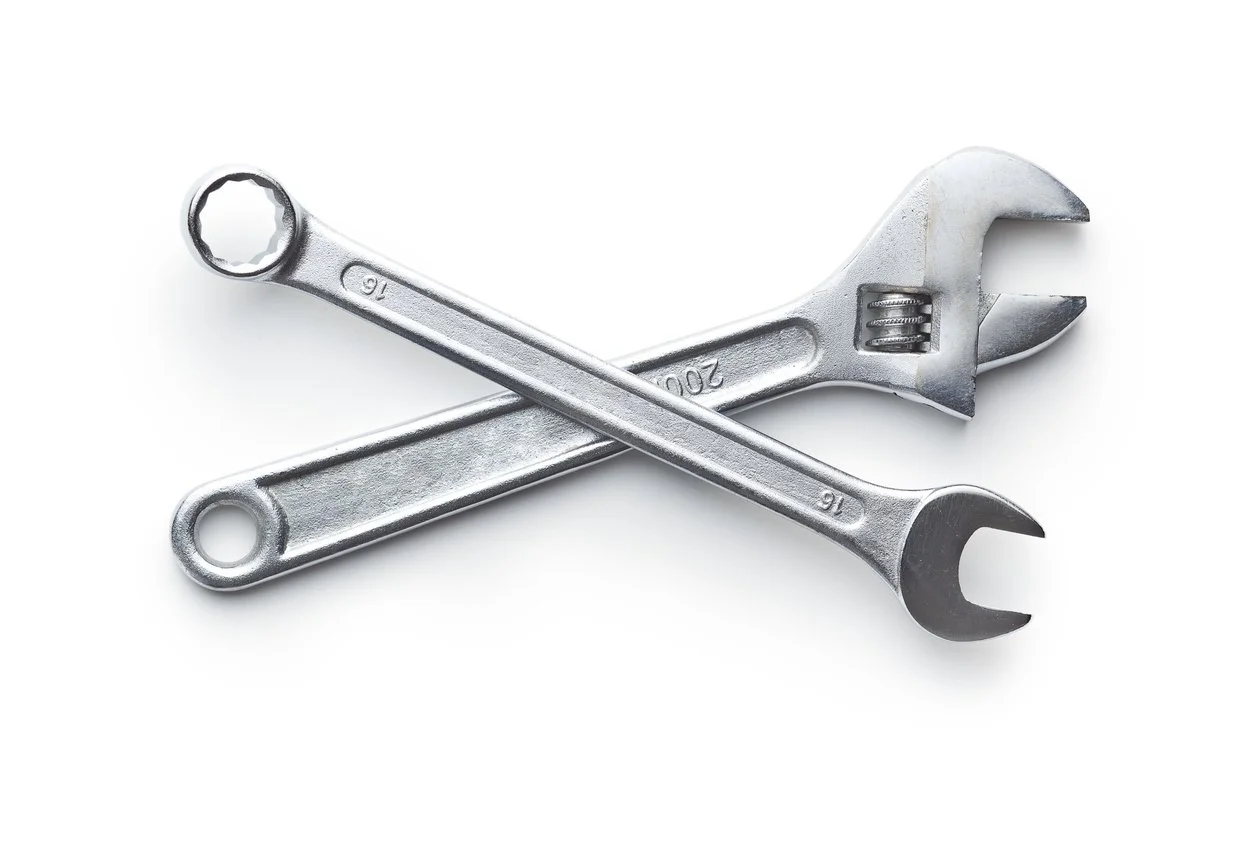Are fitness watches accurate at estimating calories burned? A nutritionist’s take
Disclaimer: This post isn't about criticizing wearable devices. Personally, I love them because I love data. After all, what gets measured gets managed, right?
I’ve been using Fitbit watches since 2015, and I definitely recommend them because they offer great value for money. However this year, I made the switch to the Oura ring. I’ve only been wearing it for two weeks, so it’s too early for a full review, but I’m really liking it so far. One reason for the switch? My trusty Fitbit suddenly died after three years of loyal service, and I’d been eyeing the Oura ring for ages. I just couldn’t justify the splurge before (yep, it comes with a hefty price tag). So when my Fitbit stopped working, it felt like the perfect excuse to finally go for it. I love the sleep tracking and heart rate monitoring features. The data provides valuable insights into my heart rate trends and recovery, and it keeps me motivated to stay active, because yes, I’m counting those steps!
However, as a nutritionist, I am aware of the limitations of these devices. While they can be great for tracking things like steps, heart rate, and activity, it’s important to remember that they’re not always perfect when it comes to estimating calories burned.
1. Behind the numbers: How Smartwatches estimate calorie burn
Ever wonder how your smartwatch figures out how many calories you've burned during a workout? It's all thanks to some pretty advanced tech. Most fitness trackers use a combination of heart rate monitoring and movement sensors (like accelerometers and gyroscopes) to estimate your calorie burn. These sensors track your movements, while your heart rate gives them insight into how hard your body is working.
The result? A complex algorithm processes all this data (if there’s math involved, it’s complex for me). It factors in details like your age, weight, and gender: variables that can affect how efficiently you burn calories. This gives you an estimate of the calories burned.
However, algorithms are just educated guesses. They can't know everything about you, like how fit you are, how fast your metabolism is, or whether you're running uphill or running on a flat track. Some smart watches may struggle with less common physical activities (dancing, pilates, yoga etc), so take their estimates with a grain of salt.
2. What the research says: Do fitness trackers overestimate?
Studies show that fitness trackers often struggle to accurately measure calorie burn, especially during low-intensity activities like housework (apologies if that's a high-intensity activity for you!). A meta-analysis of 60 studies found that devices relying solely on movement sensors, called accelerometers, tend to be less reliable than those that also incorporate heart rate monitoring. The accuracy of energy expenditure estimates varies significantly depending on the activity; using heart rate data generally leads to more accurate estimates compared to using accelerometry alone ¹.
A different 2020 study that reviewed 158 studies assessed devices from nine popular brands, revealing that none were completely accurate in measuring calories burned. While Fitbit came close to providing accurate estimates, there was significant variation among its different models: some, like the Fitbit Classic, underestimated calories burned, while others, like the Fitbit Charge HR, overestimated ². On average, most devices overestimated calorie burn by more than 30% ³.
So what does this mean for you?
If you're aiming to lose weight and using calorie tracking to create a deficit, this overestimation can have a significant impact. For example, if your smartwatch tells you that you burned 500 calories during a workout, but the actual burn is closer to 350, you could end up overestimating your weekly calorie deficit by 1,000 calories.
Over time, this can slow down your progress and lead to frustration : ‘’Why am I not losing weight when my smartwatch says I burn 500 calories every day?’’
So I'm not saying wearable watches are useless. (No, on the contrary.) But if you’re relying on them to track calories burned for weight loss or fitness goals, it’s important to be aware of their limitations.
3.Making your Smartwatch smarter: Tips for better accuracy
Ensure your device isn't too tight to restrict blood flow.
Regularly wipe down the device to prevent sensor interference from dirt or sweat.
Keep details like age, weight, height, and gender up to date. These factors play a crucial role in how the device estimates calories burned.
Use the right activity mode: Selecting the correct workout mode improves accuracy for different exercises.
Compare with other devices: If you have another fitness tracker, compare readings to identify any discrepancies.
4. A Nutritionist's perspective
Wearable devices are a fantastic way to stay motivated and consistent (hitting those 10k steps), which can help you achieve your health goals. Plus, they give you helpful insights into your health, such as your sleep, heart rate, and overall trends.
Try to stop viewing exercise as a way to burn calories and "earn" food. Instead, focus on the numerous benefits it provides: improved mood, increased energy, a healthier heart, and better overall well-being. It’s better to find find joy in movement rather than viewing it as a chore.
Don’t eat back your calories: If you're trying to lose weight, resist the temptation to ‘‘eat back’’ the calories burned during exercise. This mindset can lead to an unhealthy cycle and may hinder your progress. Instead, focus on eating nutritious foods that nourish your body without obsessively tracking calories.
Consistency is more important than Accuracy: If your smartwatch reminds you to get up and move more, that's fantastic! Use it as a tool for motivation rather than solely seeing how many calories you've burned.
Use TDEE for Better Insights: Fitness trackers give you estimates of calories burned, but it's best not to add these calories back into your daily intake. Instead, use a Total Daily Energy Expenditure (TDEE) calculator. This tool can help you understand how many calories you roughly need depending on your activity levels in a day based on your activity level, age, weight, and height.
If tracking data from your fitness watch starts to stress you out or make you obsess over numbers, it might be time to step back. Too much focus on data can do more harm than good. Try investing in something that supports your well-being without the pressure, like a meditation or yoga class, or any other activity you enjoy.
P.S. Looking for a sustainable approach to weight management, gut health, and overall health? As a registered nutritionist (ANutr) with a BSc in Human Nutrition, I’m here to help!
I look forward to helping you thrive!
Mia
Curious to learn more? These articles cover related topics to keep you informed:
References (to geek out further):
1.O’Driscoll, Ruairi, et al. “How Well Do Activity Monitors Estimate Energy Expenditure? A Systematic Review and Meta-Analysis of the Validity of Current Technologies.” British Journal of Sports Medicine, 7 Sept. 2018, p. bjsports-2018-099643, https://doi.org/10.1136/bjsports-2018-099643.
2.Fuller, Daniel, et al. “Reliability and Validity of Commercially Available Wearable Devices for Measuring Steps, Energy Expenditure, and Heart Rate: Systematic Review.” JMIR MHealth and UHealth, vol. 8, no. 9, 2020, p. e18694, mhealth.jmir.org/2020/9/e18694/, https://doi.org/10.2196/18694.
3.Germini, Federico, et al. “Accuracy and Acceptability of Wrist-Wearable Activity-Tracking Devices: Systematic Review of the Literature.” Journal of Medical Internet Research, vol. 24, no. 1, 21 Jan. 2022, p. e30791, https://doi.org/10.2196/30791.




























